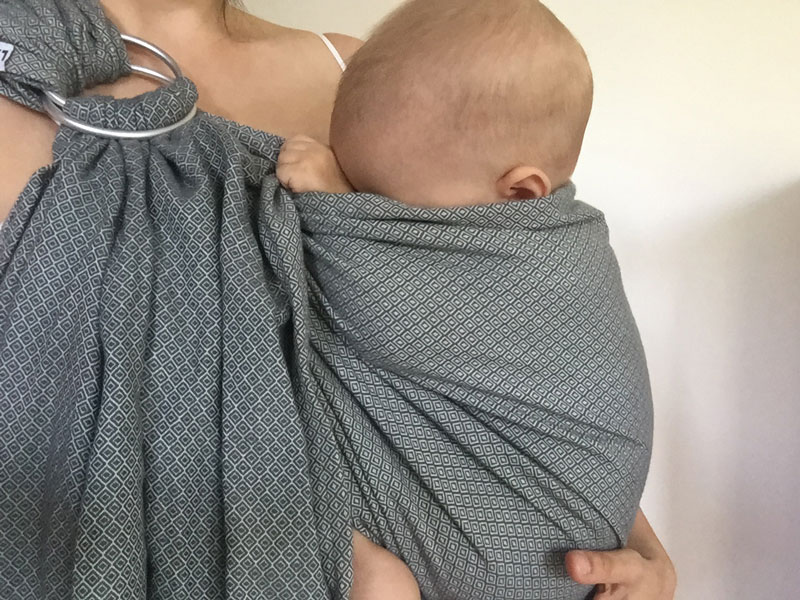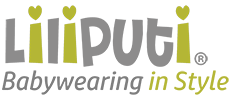The science behind planned home births may surprise you: in the Netherlands, roughly 16.3% of all childbirths occur in private homes, a trend spreading throughout other countries in Europe. Home births offer future mums added control over their surroundings, both in terms of who delivers your baby and the care you receive in the final months of pregnancy. Medical research suggests that planned home births are a safe choice for low-risk pregnancies, and generally involve a medical practitioner willing to work with you on your individual needs in a warm and familiar setting.
Gather The Essentials
One of the greatest advantages to planned home births is that you get to set the tone for the delivery. Many future mums cultivate a delivery room that includes their most comforting items, including warm blankets, soothing music, and aromatherapy. This will give you added control over your surroundings, whereas hospitals can feel stiffly regulated and clinical for many couples. However, if you know you want to deliver your baby the privacy of your own home, it’s important to make a backup plan for the unlikely event that you will need further medical attention. Start by packing an emergency hospital backpack, so that you and your party can rush out on a moment’s notice, if need be.

Preexisting Conditions and Complications
Arguably the biggest factor in determining the safety of a planned home birth is the prevalence of preexisting medical complications. For instance, if you have a bleeding disorder or other related issue, a doctor may be necessary to monitor your health with diagnostic testing during and after delivery. However, in most cases, planned home births are equally safe compared with hospital deliveries, according to the American College of Obstetricians and Gynecologists. In many countries, you can even coordinate a home birth with health professionals, which can offer an added sense of security from well-trained professionals in the comfort of your home.
It Takes A Village
Whether you plan a home birth or opt for a hospital route, it’s truly remarkable how many individuals play an important role in aiding the birth of your child. Apart from the standard obstetrician (OB), doulas and midwives are two popular professions for couples looking to obtain holistic safety during childbirth. The two have differing roles: a midwife is a health care provider, while a doula is a childbirth coach. A doula doesn’t replace your healthcare practitioner, but can help you with extra services, such as pain management techniques during labor and even support during early infancy.
Home births aren’t for everyone, but they are a strong option for low-risk pregnancies and mums desiring added comfort and control of their childbirth experience. It can be extremely rewarding to maintain a comfortable, familiar environment on the day you usher a newborn into the world.
Alicia Rennoll

Leave Comment
You must be logged in to post a comment.